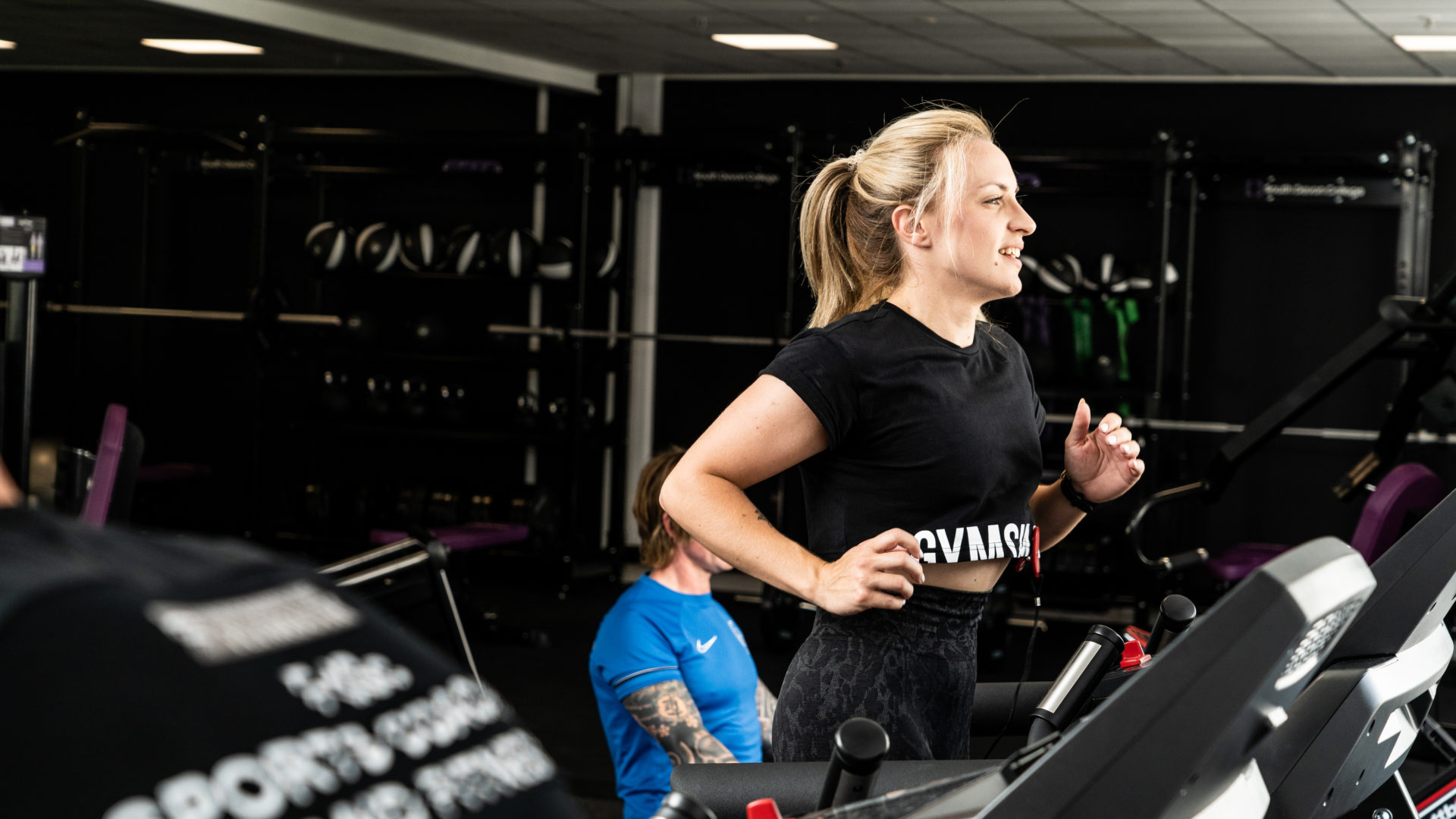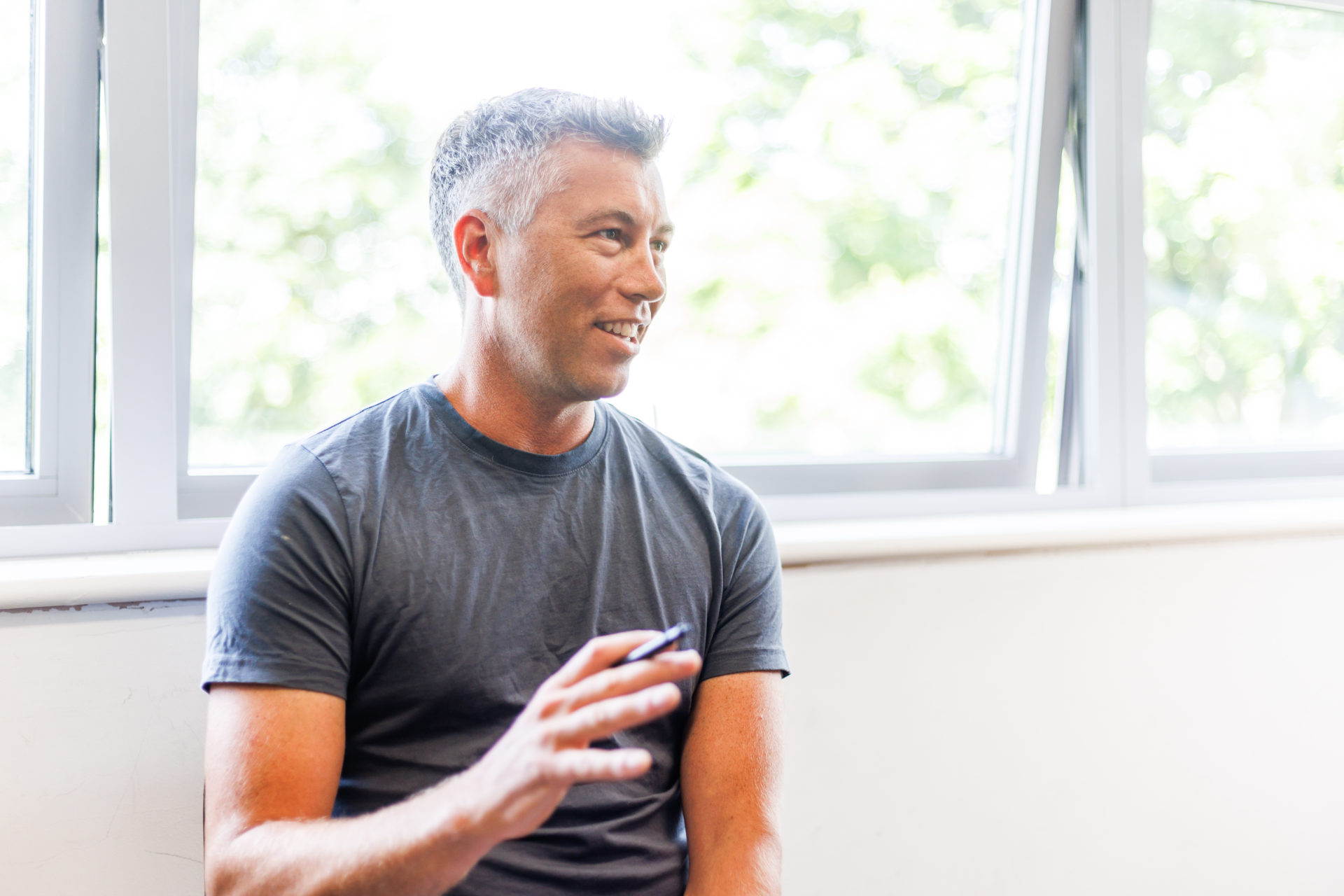Exercise
Why is exercise important for your wellbeing?
The benefit of exercise is well known, and physical activity has been shown throughout history to help promote health and well-being, alongside preventing disease. Exercise has so many health benefits for both your physical and mental health. For example, exercise can:
- Improve mood and energy
- Help reduce the impact of anxiety and mild to moderate depression
- Improves concentration
- Reduce the impact of stress
- Supports weight management, reducing the likelihood of obesity
- Reduce the risk of long-term health conditions such as heart disease, diabetes, some cancers, Osteoporosis, Stroke, and dementia
- Improves quality of sleep
- Boost self-esteem and confidence
“If exercise were a pill, it would be one of the most cost-effective drugs ever invented,” says Dr Nick Cavill, a health promotion consultant. – Taken from NHS website
The big question is, do you get enough exercise?
Unfortunately, with the advancement of technology, increasingly more of us live sedentary lives where we find ourselves in front of screens all day, either sitting at a desk or in front of a TV of an evening. The way we complete our household chores has changed from being more physical and manual to relying on machines to do the work for us, e.g., washing machines and dishwashers.
Everything from shopping to buying clothes is now available at a click of a button. You do not even have to leave the house if you choose not to and when you do you have the option of using a car or public transport which has become more readily available. This all means that we just do not move as much as our ancestors used to, meaning we burn far less energy.
When studying, it can be easy to neglect the benefits of exercise in favour of studying, especially with looming deadlines. However, allowing time to exercise whilst studying for your degree can play a significant role in helping you to excel at your studies. This is associated with the relationship between exercise and its stress-busting benefits, e.g. it can increase the production of our feel-good neurotransmitters and hormones, e.g., Endorphins and Serotonin
So, how can you incorporate exercise into your weekly schedule? The tips below can help you do so:
- Ensure you get out for a short walk each day even if this is just around the block
- Distance permitting, cycle, run or walk to and from the University Centre when you are required on site
- When in the University Centre take the stairs instead of the lift
- Complete a 10-minute workout first thing in the morning or early evening. There are so many free workouts to choose from on YouTube
- If you have a dog, walking it regularly is a great way to exercise
- Download a free exercise app that you can use to learn some new workouts and record your progress
- Why not join the South Devon College gym, where an array of exercise classes are on offer
Exercise comes in many forms, and it is about finding what works for you.






